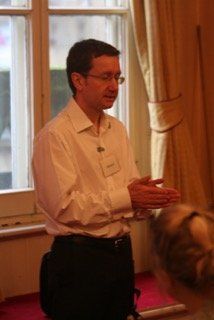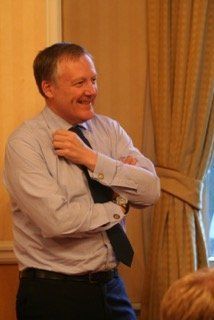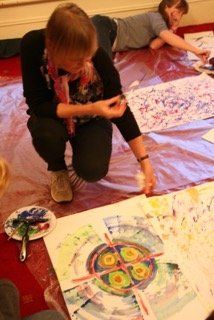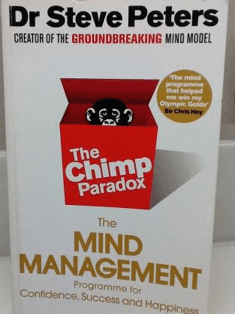2013
2013 DSN AGM & Conference





Royal Society of Medicine 'Doctors' Health and Well-being:From medical students to trainees and senior doctors'







Please complete the form below if you would like to receive occasional updates about DSN and UK physician health by email (AND you are not intending to JOIN DSN - if you are joining DSN, you will be added to our members' mailing list). Mailing list contacts CANNOT access our anonymous, confidential, members only Support Forum - for Full or Student members only.
How to JOIN DSN as a Full, Student or Associate member - click here.
Updates can include invitations to take part in physician health surveys by other individuals or organisations. We will not use your contact details for anything else unless you say we can. You can find out more about how we store and use your data and what your rights are in our privacy policy.
A DSN update will be a formatted email (using Sendinblue ) with an 'unsubscribe' option.
Disclaimer
All opinions expressed on this website are those of the individual authors and do not necessarily reflect an official position of DSN. DSN cannot accept responsibility for any actions taken as a result of content of the website. Links to other organisations are provided for information only and are not a recommendation. In particular, you may want to check about confidentiality when contacting other organisations.